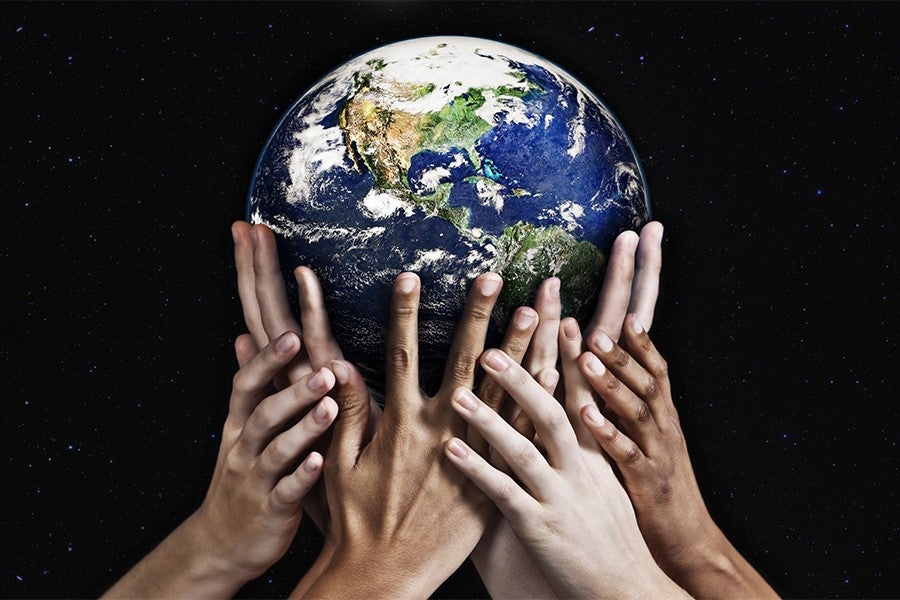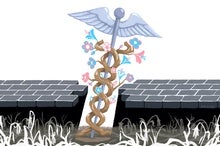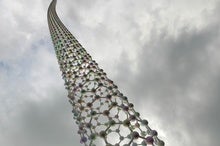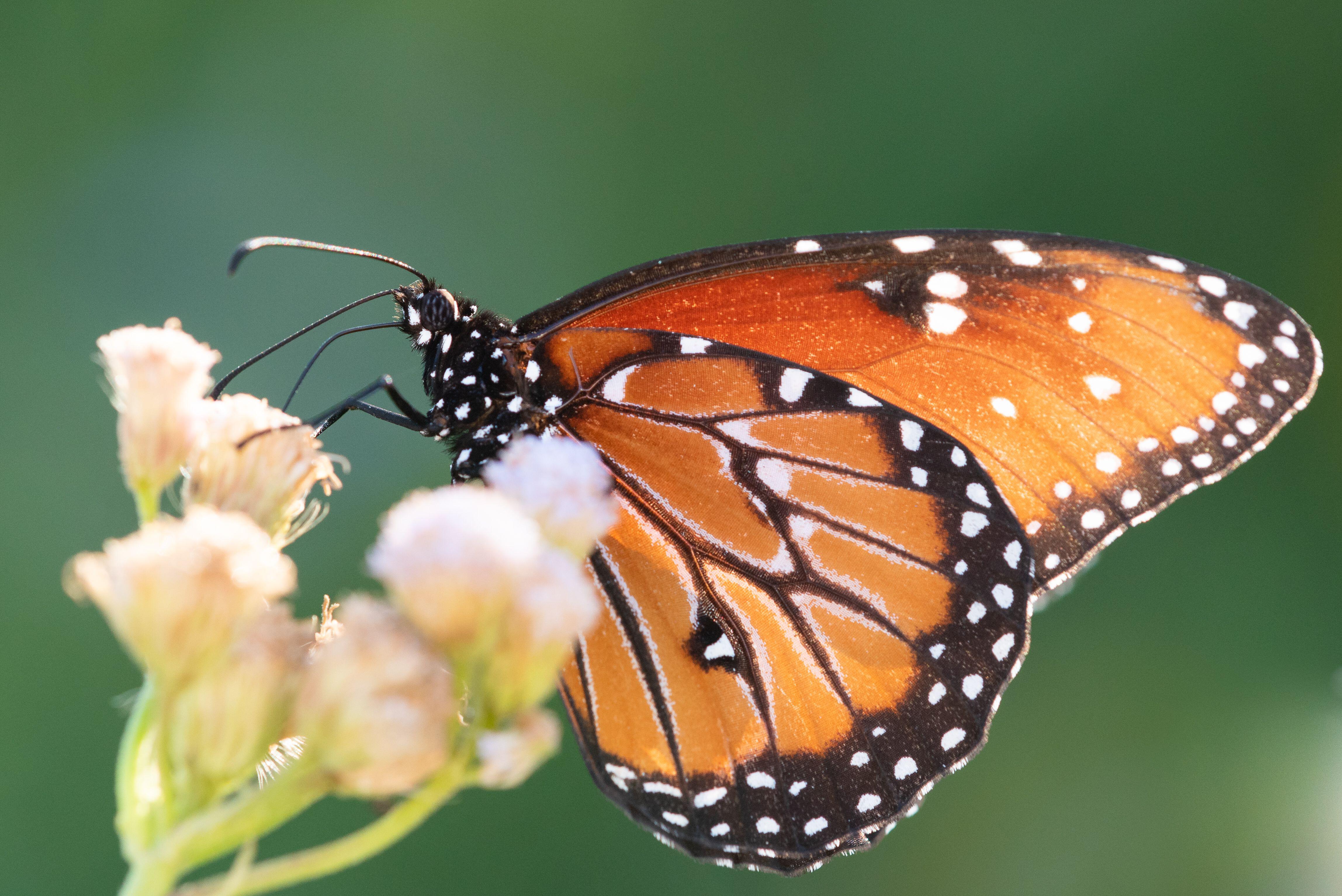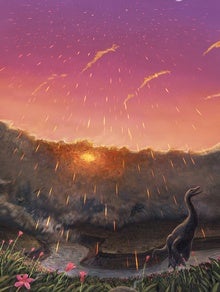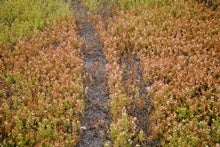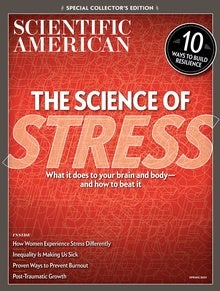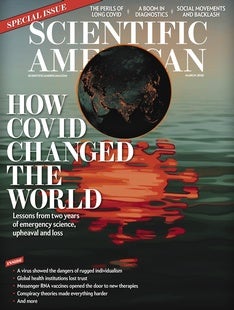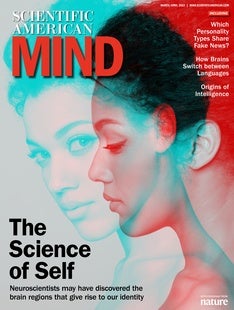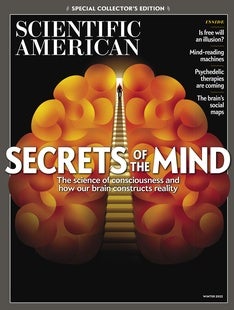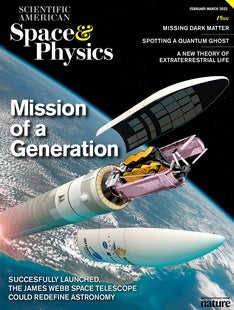 |
| February 25, 2022 |
 |
| |
| |
| |
| Sponsor Content Provided by BATTELLE Climate Resilience: Impactful Innovation is Needed Today What’s most needed right now are outcome-driven, scientific approaches committed to delivering breakthrough technologies and capabilities—ones that leverage the fundamental knowledge of the past and apply it in new mission-driven methods that reach beyond what is possible today. | | | | |
| |
| |
| |
| |
| |
| |
| |
| |
| |
| |
FROM THE STORE
 | | | |
| |
BRING SCIENCE HOME
 | | Folded or Flat Paper Towel: Which One Absorbs More Water? | 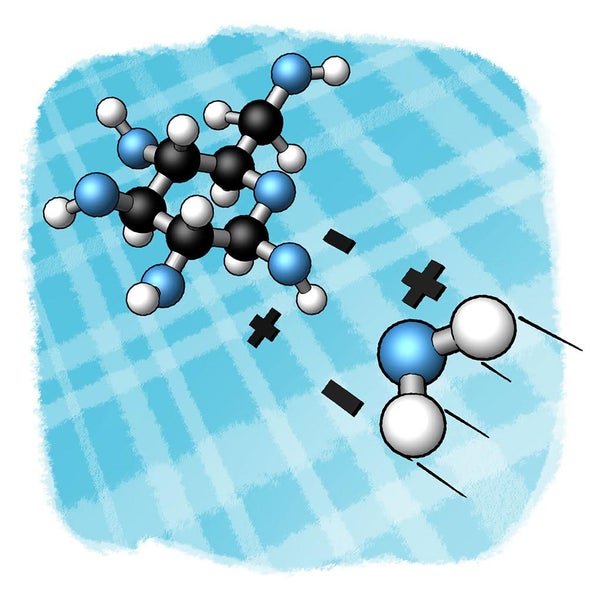 A little science can help you save an important resource you probably use every day: paper towels. Try this activity and see what simple trick can help you--and the environment! Credit: George Retseck | We all know that washing hands throughout the day can help keep colds and flu at bay. So several times a day we lather up, scrub, rinse and then use a paper towel—then another one, maybe even three or four to dry them off. Because who wants wet hands? But could there be a way to conserve some of that paper by getting a paper towel to go the extra mile, allowing you to dry your hands with just one single sheet? This activity just might help you find the answer. | |  | |
LATEST ISSUES
 |
| |
| Questions? Comments?  | |
| Download the Scientific American App |
| |
| |


.jpg)


